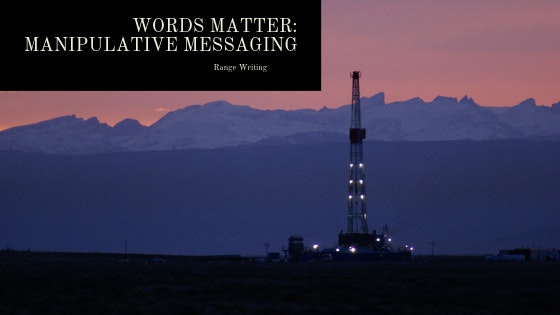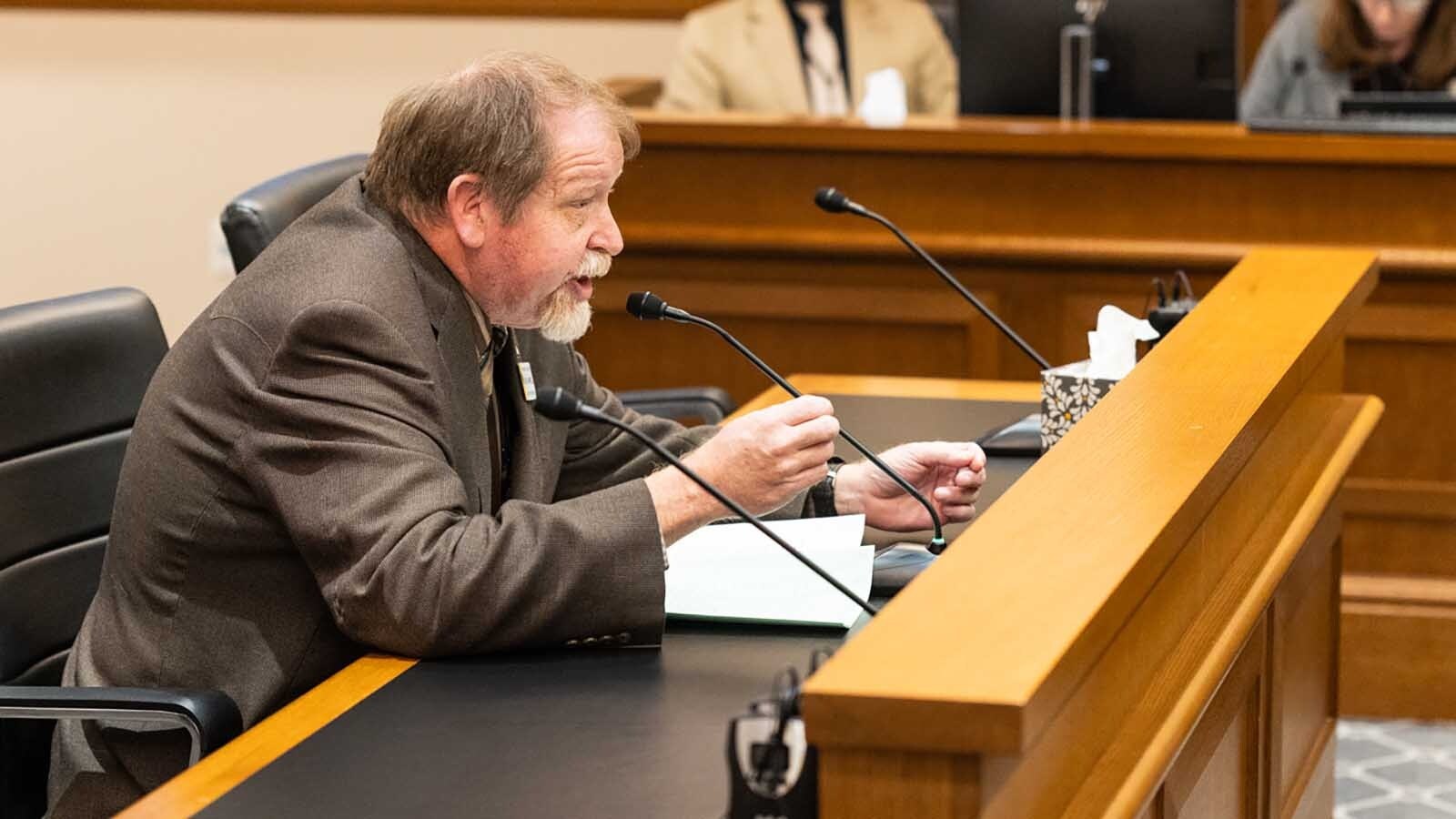By Cat Urbigkit, Range Writing columnist for Cowboy State Daily
U.S. Congressional members DeFazio and Gaetz hosted a “briefing” session in Washington, D.C., on Tuesday, aimed at educating their colleagues of the need for policy reform for USDA’s Wildlife Services, the federal agency charged with animal damage control. Invited to give presentations to educate congressional members were a family from Idaho whose dog was killed by a M-44 device, and representatives from the following organizations: Predator Defense, International Fund for Animal Welfare, and Western Watersheds Project. The goal of the session was to gain support of a bill that would ban lethal poison devices.
DeFazio and Gaetz call M-44s “cyanide bombs.” But M-44s are not bombs. Rather, they are spring-activated ejector devices that are staked to the ground and deliver a dose of cyanide powder (an EPA restricted-use pesticide) from the capsule holder when the holder cover is triggered by the bite-and-pull motion of a canid. In contrast, a bomb is a device designed to explode on impact, or when detonated by a time mechanism, remote control, or lit fuse.
The renaming of this predator control device as a “cyanide bomb” originated with animal activists, but some members of the media have adopted the term, and members of congress are using the same messaging framework. It’s one in a recent cascade of “reframing” examples I’ve noticed, as marketing tactics have expanded from products to influencing general public opinion in the last few decades, and media organizations become willing participants.
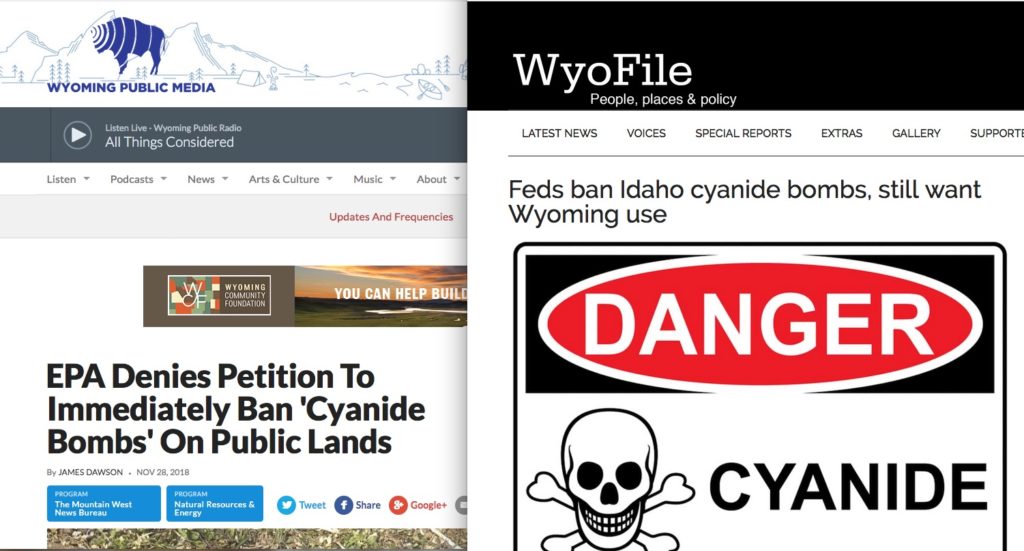
Maya Khemlani David, a professor of language and linguistics, has studied the use of rhetoric to maintain political influence, and wrote: “By way of an indirect manipulation of language, skillful speakers have traditionally been able to influence the preconceptions, views, ambitions and fears of the public, to the extent of causing people to accept false statements as true postulates, or even to support policies conflicting with their interests.”
We see manipulative messaging examples every day. In food production it ranges from the use of terms such as factory-farmed animals or organic products, to the clean meat and meatless burgers (which are neither meat nor burger, and by the same token, just as milk comes from an animal with mammary glands, not nuts or beans).
Another recent example comes from people opposed to the winter feeding of elk in western Wyoming. Elk are fed pelleted or loose hay at the National Elk Refuge in Jackson, as well as 22 elk feedgrounds operated by the Wyoming Game & Fish Department. Originally established to keep wintering elk from starving to death, and to keep the elk out of ranchers’ stored hay, the state elk feedgrounds were started after the creation of the elk refuge in 1912. Wildlife advocates concerned about disease transmission from congregating elk have called for the closure of the state’s elk feedgrounds, but have taken to calling them “feedlots” in an explicit attempt to cast the feedgrounds on par with livestock feedlots. While feedlots are confined animal feeding operations, elk feedgrounds are not feedlots – the elk come and go at their own desire, and consume native vegetation in addition to the supplemental food provided by wildlife managers.
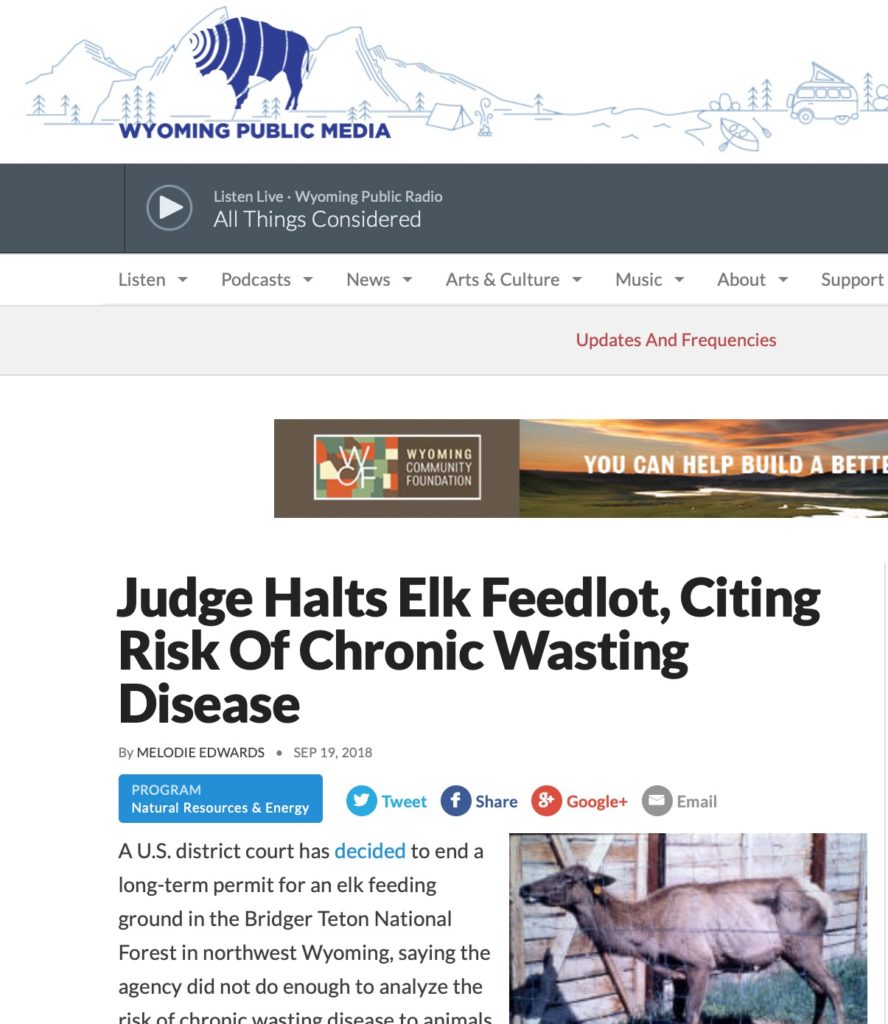
The introduction of new words or phrases into the public lexicon is nothing new. Linguist George Lakoff writes in the journal Environmental Communications: “Introducing new language is not always possible. The new language must make sense in terms of the existing system of frames. It must work emotionally. And it must be introduced in a communication system that allows for sufficient spread over the population, sufficient repetition, and sufficient trust in the messengers.”
Recently retired from wolf watching for Yellowstone National Park, Rick McIntyre wrote a piece for Outside Online last month that describes the history of a wolf pack. But he cleverly interchanged the word pack with “family”: “He died from the wounds they inflicted, but he had saved his family,” “Her family is carrying on,” and “I did it for her family.”
Cognitive science and psychology are used to develop effective messaging that is used in political, cultural, and economic contexts. Messaging attempts to influence not just what brand of product you may buy, but how you feel about an object, person, or industry, with the goal of prompting you to take action.
For example, we don’t hear much about “global warming” anymore – it’s been reframed as “climate change.” A group called ecoAmerica is at the forefront of climate-change messaging, identifying our moral foundations, the emotions and virtues associated with those morals, and suggesting messages that apply to each audience.
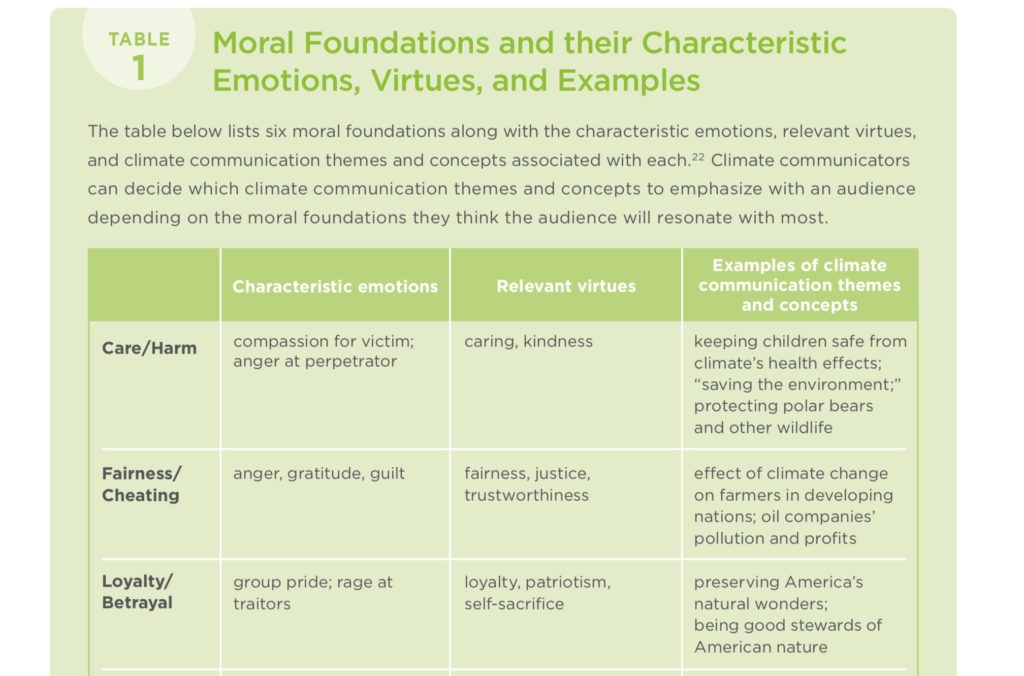
Robert Brulle is a professor of sociology and environmental science who warns against such widespread messaging efforts to manipulate the public. Brulle writes: “To mobilize broad-based support for social change, citizens cannot be treated as objects for manipulation. Rather, they should be treated as citizens involved in a mutual dialog.”
Instead, we hear anti-fossil fuel advocates calling permits to drill natural gas wells “fracking permits,” oil and gas leases have become “fracking leases,” and drilling rigs are “fracking rigs”– whether hydraulic fracturing technology is used or not.

Language can be used to manipulate, but it can also just be a reflection of personal experience. I’m involved in agriculture, so when you hear me refer to bull markets, and diversified stock, it’s within a completely different context than someone on Wall Street using the same words. Same words, different meaning – but no manipulation.
Cat Urbigkit is an author and rancher who lives on the range in Sublette County, Wyoming. Her column, Range Writing, appears weekly in Cowboy State Daily.

